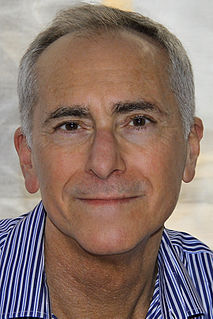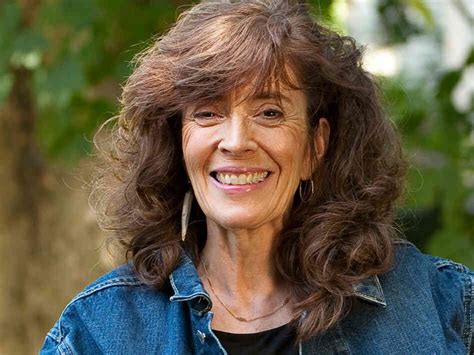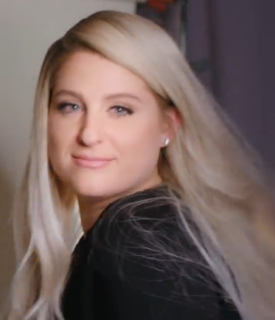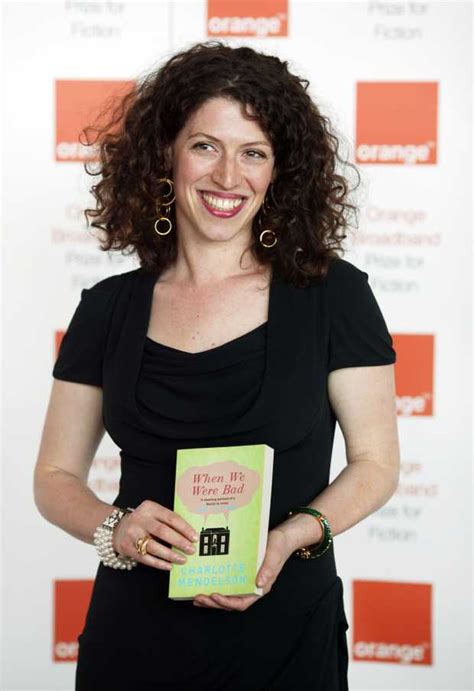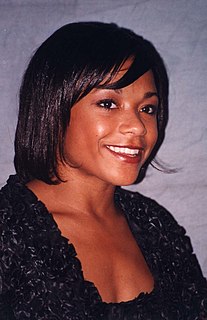A Quote by Michael Cunningham
Virginia Woolf's great novel, 'Mrs. Dalloway,' is the first great book I ever read. I read it almost by accident when I was in high school, when I was 15 years old.
Related Quotes
I developed a mania for Fitzgerald - by the time I'd graduated from high school I'd read everything he'd written. I started with 'The Great Gatsby' and moved on to 'Tender Is the Night,' which just swept me away. Then I read 'This Side of Paradise,' his novel about Princeton - I literally slept with that book under my pillow for two years.
The Hours is in fact a lovely triumph. Cunningham honors both Mrs. Dalloway and its creator with unerring sensitivity, thanks to his modesty of intention and his sovereignly affecting prose.... With his elliptical evocation of Mrs. Dalloway, he has managed to pay great but quiet tribute -- reminding us of the gorgeous, ferocious beauty of what endures.
I read everything. I'll read a John Grisham novel, I'll sit and read a whole book of poems by Maya Angelou, or I'll just read some Mary Oliver - this is a book that was given to me for Christmas. No particular genre. And I read in French, and I read in German, and I read in English. I love to see how other people use language.
I doubt if I shall ever have time to read the book again -- there are too many new ones coming out all the time which I want to read. Yet an old book has something for me which no new book can ever have -- for at every reading the memories and atmosphere of other readings come back and I am reading old years as well as an old book.
The book on my nightstand right now isnt anything that inspired me, but it entertained me. I read a book on Labor Day, it was a holiday, and I have three daughters, and we all went to the shopping mall and I sat on the bench and read a book while they shopped, it was called The Greatest Golfer there Ever Was, it was a great book, easy to read and entertaining.
Whether it's Mrs Dalloway's lost love or Thérèse Raquin's burgeoning horror, The Paying Guests reminds us of every great novel we've gasped or winced at, or loudly urged the protagonists through, and it does not relent. . . . The Paying Guests is the apotheosis of [Waters'] talent; at least for now. I have tried and failed to find a single negative thing to say about it. Her next will probably be even better. Until then, read it, Flaubert, Zola, and weep.
I read John Irving's novel 'The World According To Garp' when I was about 14 or 15. It was the first grown-up book that I had read. It is the story of a young man who grows up to be a novelist. I finished it, and I wanted to write a book that made the reader feel the way I felt at the end of that, which was sort of both bereft and elated.
At Princeton I wrote my junior paper on Virginia Woolf, and for my senior thesis I wrote on Samuel Beckett. I wrote some about "Between the Acts" and "Mrs. Dalloway'' but mostly about "To the Lighthouse." With Beckett I focused, perversely, on his novels, "Molloy," "Malone Dies," and "The Unnamable." That's when I decided I should never write again.

